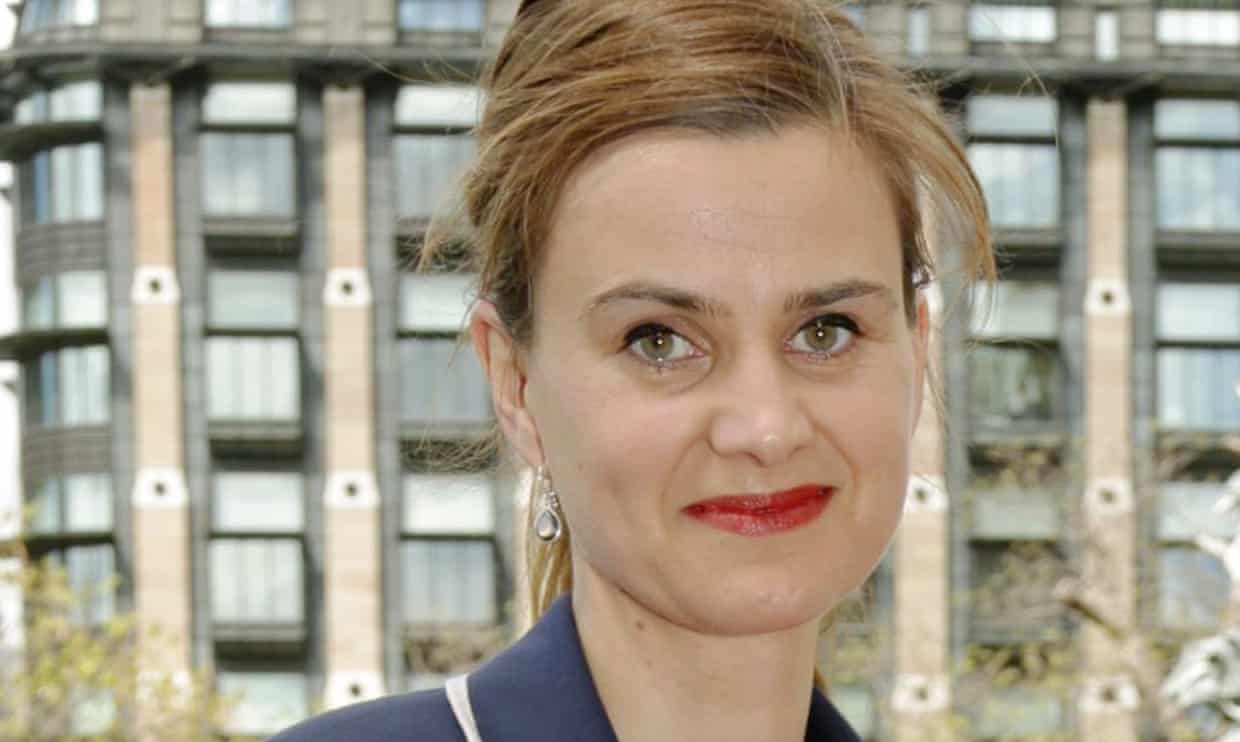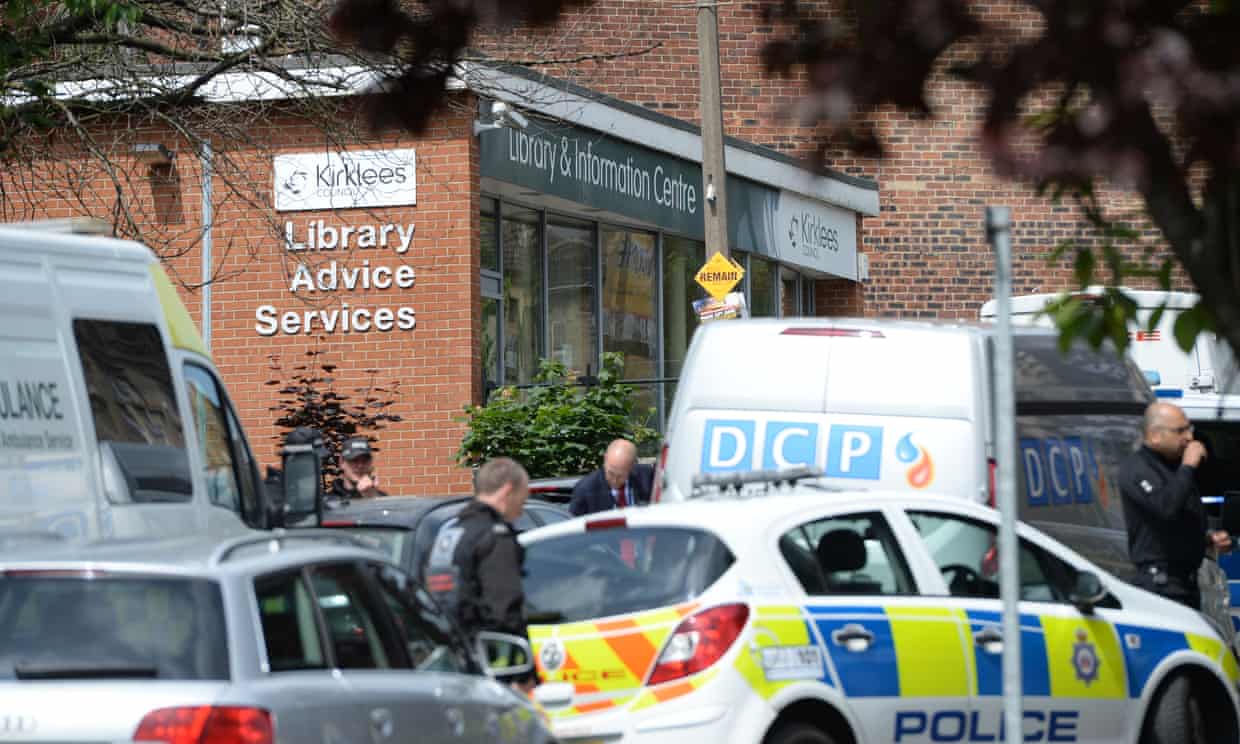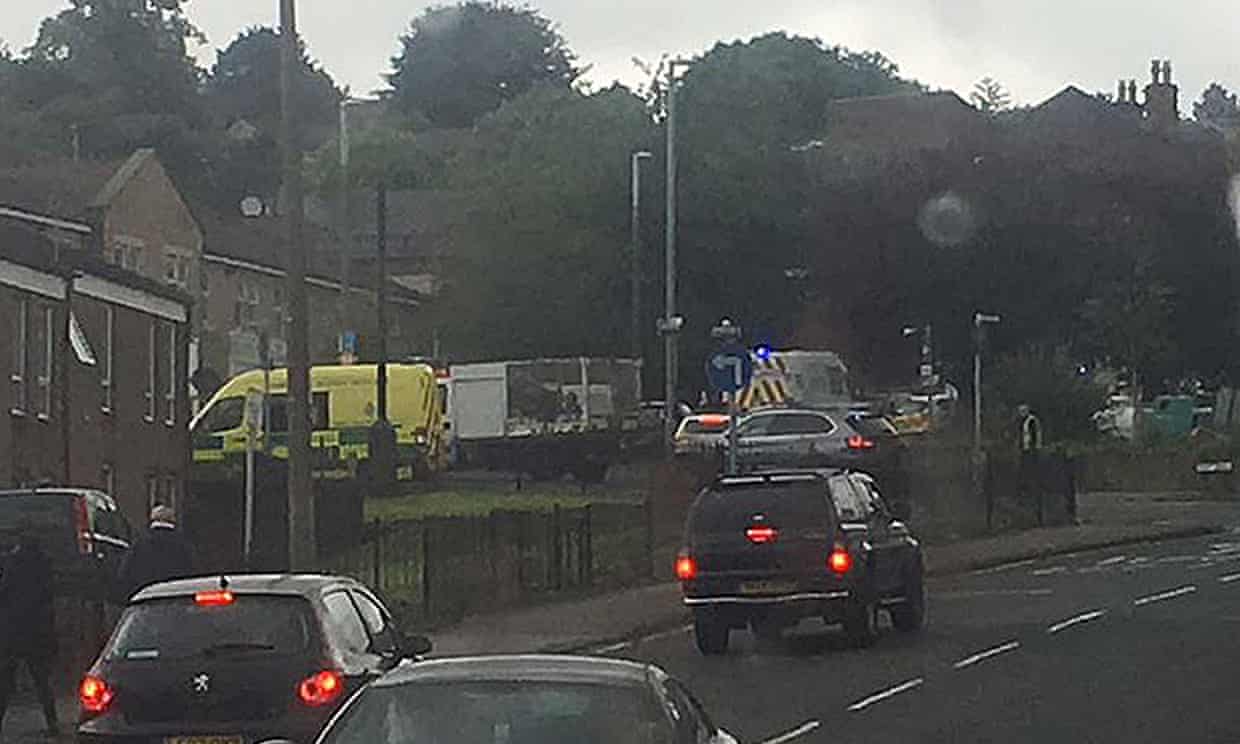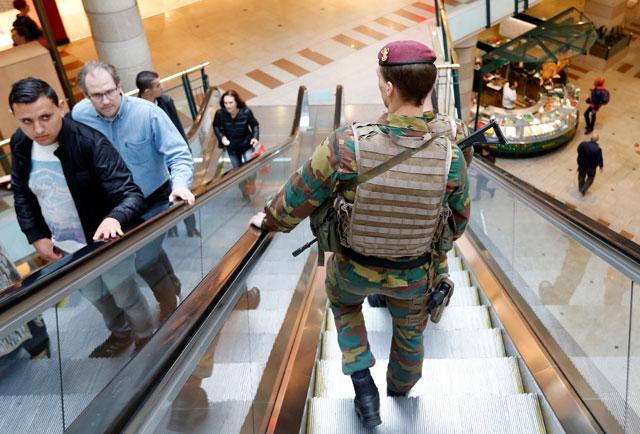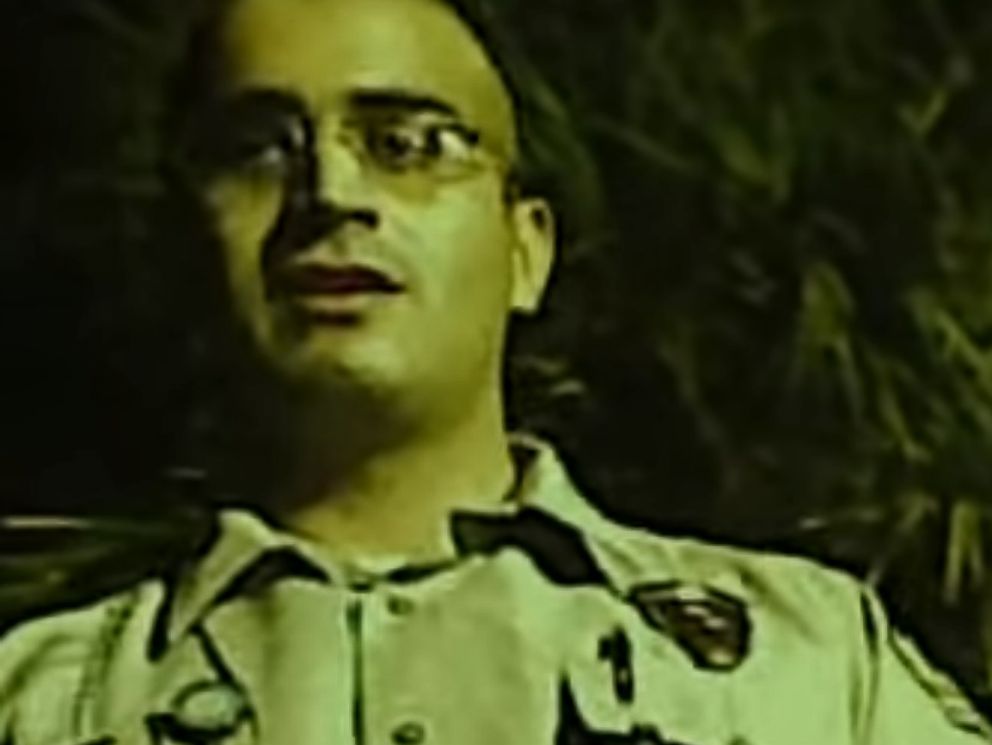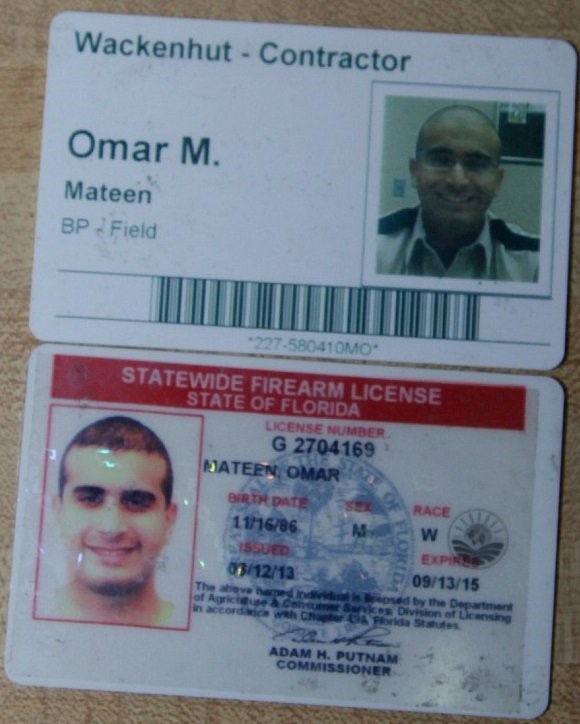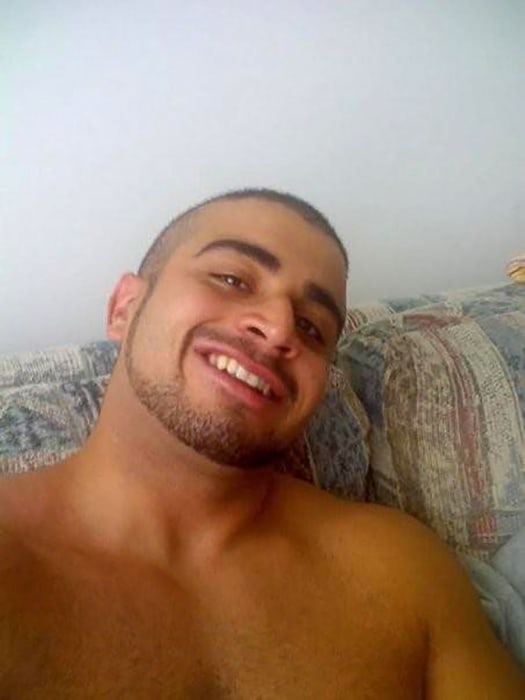How Terrorists Use Encryption
June 16, 2016
CTC: Abstract: As powerful encryption increasingly becomes embedded in electronic devices and online messaging apps, Islamist terrorists are exploiting the technology to communicate securely and store information. Legislative efforts to help law enforcement agencies wrestle with the phenomenon of “going dark” will never lead to a return to the status quo ante, however. With the code underlying end-to-end encryption now widely available, unbreakable encryption is here to stay. However, the picture is not wholly bleak. While end-to-end encryption itself often cannot be broken, intelligence agencies have been able to hack the software on the ends and take advantage of users’ mistakes.
Counterterrorism officials have grown increasingly concerned about terrorist groups using encryption in order to communicate securely. As encryption increasingly becomes a part of electronic devices and online messaging apps, a range of criminal actors including Islamist terrorists are exploiting the technology to communicate and store information, thus avoiding detection and incrimination, a phenomenon law enforcement officials refer to as “going dark.”
Despite a vociferous public debate on both sides of the Atlantic that has pitted government agencies against tech companies, civil liberties advocates, and even senior figures in the national security establishment who have argued that creation of “backdoors”[1] for law enforcement agencies to retrieve communications would do more harm than good, there remains widespread confusion about how encryption actually works.[a]
Technologists have long understood that regulatory measures stand little chance of rolling back the tide. Besides software being written in other countries (and beyond local laws), what has not been fully understood in the public debate is that the “source code” itself behind end-to-end encryption is now widely available online, which means that short of shutting down the internet, there is nothing that can be done to stop individuals, including terrorists, from creating and customizing their own encryption software.
The first part of this article provides a primer on the various forms of encryption, including end-to-end encryption, full device encryption, anonymization, and various secure communication (operational security or opsec) methods that are used on top of or instead of encryption. Part two then looks at some examples of how terrorist actors are using these methods.
Part 1: Encryption 101
End-to-End Encryption
A cell phone already uses encryption to talk to the nearest cell tower. This is because hackers could otherwise eavesdrop on radio waves to listen in on phone calls. However, after the cell tower, phone calls are not encrypted as they traverse copper wires and fiber optic cables. It is considered too hard for nefarious actors to dig up these cables and tap into them.
In a similar manner, older chat apps only encrypted messages as far as the servers, using what is known as SSL.[b] That was to defeat hackers who would be able to eavesdrop on internet traffic to the servers going over the Wi-Fi at public places. But once the messages reached the servers, they were stored in an unencrypted format because at that point they were considered “safe” from hackers. Law enforcement could still obtain the messages with a court order.
Newer chat apps, instead of encrypting the messages only as far as the server, encrypt the message all the way to the other end, to the recipient’s phone. Only the recipients, with a private key, are able to decrypt the message. Service providers can still provide the “metadata” to police (who sent messages to whom), but they no longer have access to the content of the messages.
The online messaging app Telegram was one of the earliest systems to support end-to-end encryption, and terrorists groups such as the Islamic State took advantage.[2] These days, the feature has been added to most messaging apps, such as Signal, Wickr, and even Apple’s own iMessage. Recently, Facebook’s WhatsApp[3] and Google[4] announced they will be supporting Signal’s end-to-end encryption protocol.
On personal computers, the software known as PGP,[c] first created in the mid-1990s, reigns supreme for end-to-end encryption. It converts a message (or even entire files) into encrypted text that can be copy/pasted anywhere, such as email messages, Facebook posts, or forum posts. There is no difference between “military grade encryption” and the “consumer encryption” that is seen in PGP. That means individuals can post these encrypted messages publicly and even the NSA is unable to access them. There is a misconception that intelligence agencies like the NSA are able to crack any encryption. This is not true. Most encryption that is done correctly cannot be overcome unless the user makes a mistake.
Such end-to-end encryption relies upon something called public-key cryptography. Two mathematically related keys are created, such that a message encrypted by one key can only be decrypted by the other. This allows one key to be made public so that one’s interlocutor can use it to encrypt messages that the intended recipient can decrypt through the private-key.[d] Al-Qa`ida’s Inspire magazine, for example, publishes its public-key[5] so that anyone using PGP can use it to encrypt a message that only the publishers of the magazine can read.
Full Device Encryption
If an individual loses his iPhone, for example, his data should be safe from criminals.[e] Only governments are likely to have the resources to crack the phone by finding some strange vulnerability. The FBI reportedly paid a private contractor close to $1 million to unlock the iPhone of San Bernardino terrorist Syed Rizwan Farook.[6]
The reason an iPhone is secure from criminals is because of full device encryption, also full disk encryption. Not only is all of the data encrypted, it is done in a way that is combined or entangled[7] with the hardware. Thus, the police cannot clone the encrypted data, then crack it offline using supercomputers to “brute-force” guess all possible combinations of the passcode. Instead, they effectively have to ask the phone to decrypt itself, which it will do but slowly, defeating cracking.[f]
Android phones work in much the same manner. However, most manufacturers put less effort into securing their phones than Apple. Exceptions are companies like Blackphone, which explicitly took extra care to secure their devices.
Full disk encryption is also a feature of personal computers. Microsoft Windows comes with BitLocker, Macintosh comes with FileVault, and Linux comes with LUKS. The well-known disk encryption software TrueCrypt works with all three operating systems as does a variation of PGP called PGPdisk. Some computers come with a chip called a TPM[g] that can protect the password from cracking, but most owners do not use a TPM. This means that unless they use long/complex passwords, adversaries will be able to crack their passwords.

